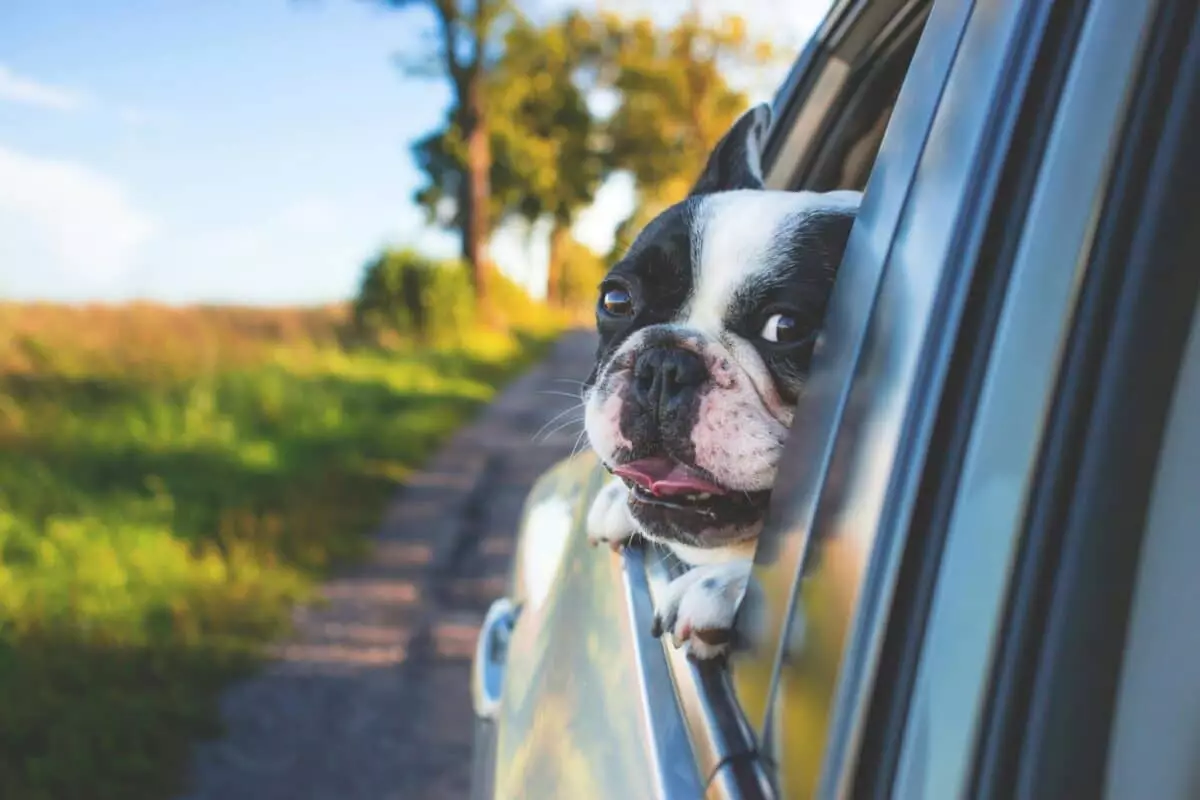Traveling can be a delight, especially when it involves taking your four-legged friend along for the adventure. However, not all dog breeds transition well to car journeys. While some dogs eagerly embrace the feeling of the wind against their face, others require additional care due to various factors such as anxiety, motion sickness, or sheer size. Understanding which dog breeds need extra attention during road trips can help ensure a smoother experience for both you and your canine companion.
Understanding Canine Travel Stressors
When it comes to traveling by car with dogs, it’s essential to recognize that some dogs react negatively to the experience. Anxiety can manifest in various ways, from excessive barking and whining to restlessness and even aggression. Motion sickness is another concern; certain breeds may struggle with the movement of the car, leading to discomfort and vomiting. Furthermore, the size and structure of the dog can significantly affect its comfort level within a vehicle. Smaller breeds may feel insecure, while larger breeds may feel cramped, resulting in a less enjoyable travel experience.
Droopy Dogs: Tackling Basset Hound Challenges
Basset Hounds epitomize calmness with their droopy ears and cheerful demeanor, making them seem well-suited for long car rides. However, their unique physique, characterized by a low center of gravity and hefty build, can lead to discomfort on extended trips. Additionally, Basset Hounds have a predisposition to motion sickness due to their sensitive inner ear structures. To alleviate these issues, it is crucial to provide a stable lying space in the car. Utilizing dog seat covers or cushions can create a more accommodating environment for your Basset Hound.
The Energetic Yet Anxious Boxer
While Boxers are known for their playful spirit, this same enthusiasm can translate into anxiety during car rides. If a Boxer isn’t accustomed to traveling by car, it may become restless, which could lead to stress for both the dog and driver. To ease this anxiety, ensuring ample pre-trip exercise is critical. Providing a familiar toy or blanket can also serve as a source of comfort, making for a smoother journey.
Brachycephalic breeds like English and French Bulldogs come with their unique assortment of challenges during travel. Their short snouts can lead to breathing difficulties, particularly during car rides in warm conditions. Ensuring that your vehicle is well-ventilated and keeping the interior temperature cool are essential measures for these breeds. It’s also important to plan for regular stops to allow the dogs to stretch and breathe comfortably.
Big Size, Big Challenges: The Great Dane Dilemma
For those with Great Danes, travel presents a different kind of challenge. These gentle giants require substantial space, and fitting them comfortably in standard vehicles can be complicated. Owners should consider larger SUVs or vans to provide adequate room. Additionally, Great Danes can experience joint discomfort during long periods of confinement, making frequent breaks for stretching an essential part of any travel itinerary.
Small but Mighty: The Chihuahua’s Anxiety
Chihuahuas may be small, but their travel-related anxieties can be quite significant. Their lightweight bodies make them susceptible to being tossed around during abrupt movements, heightening feelings of insecurity. This breed often displays signs of anxiety, such as shivering. Keeping them secured in a padded carrier or harness and providing a soft blanket can help create a sense of stability and comfort during the journey.
The Smart and Sensitive German Shepherd
German Shepherds are celebrated for their loyalty and intelligence, but car rides can trigger both anxiety and motion sickness. It’s crucial to introduce the experience of car travel gradually, allowing your German Shepherd to acclimate. To mitigate shedding, investing in a car seat cover can help protect your vehicle’s interior while keeping your dog calm through familiar scents and comforting items.
Cavalier King Charles Spaniels thrive on affection but can sometimes exhibit nervousness during travel. Their delicate nature means providing a very secure and calming environment to help allay potential anxiety: consider calming toys or soft audio to create a soothing atmosphere.
Prioritizing Health in Brachycephalic Pugs and Shih Tzus
Both Pugs and Shih Tzus require dedicated attention due to their brachycephalic traits. Ensuring these dogs are comfortably placed in a well-ventilated space in the vehicle is essential to prevent overheating. Regular breaks and access to water during your journey can help keep them healthy.
For breeds such as Cocker Spaniels, Bichon Frises, and Dachshunds, it’s vital to keep security and comfort front of mind. These breeds can often experience anxiety, motion sickness, or physical discomfort, making measures such as secure carriers, calming stimuli, and frequent pit stops imperative.
While not every dog breed is a natural fit for road trips, understanding and proactively addressing each breed’s unique needs can ensure a more enjoyable journey. With the right preparations — from ample exercise to necessary accommodations — the adventure of traveling with your beloved pet can be one of the most rewarding experiences of your lives. Embrace these challenges, pack thoughtfully, and enjoy every road within your shared journey!

